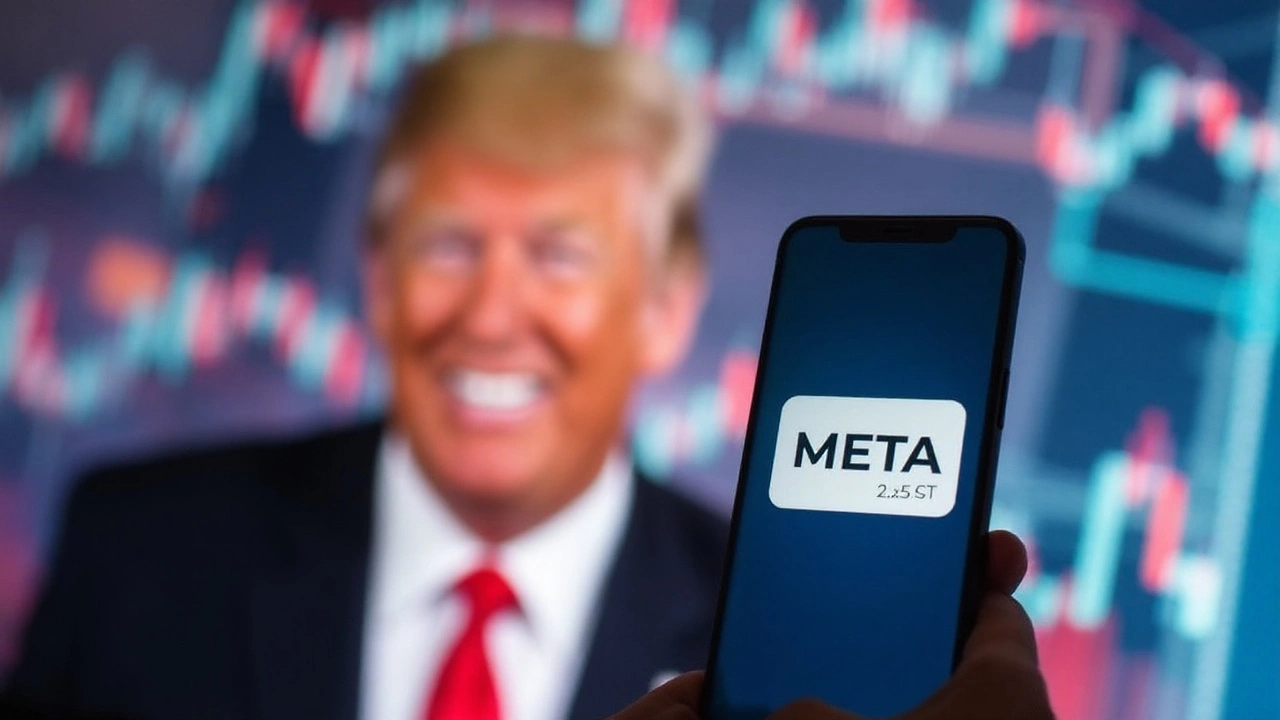Meta settles Trump lawsuit for $25 million after years-long fight over social media bans
Meta agreed to pay $25 million to resolve a lawsuit filed by Donald Trump over the suspension of his Facebook and Instagram accounts following the January 6, 2021, attack on the U.S. Capitol. The deal, first reported by the Wall Street Journal and confirmed by Meta, closes a four-year legal fight without the company admitting wrongdoing.
The case centered on whether Meta acted unlawfully when it removed and suspended Trump after he posted messages that, at the time, platforms said could incite further violence. Trump argued he was wrongfully censored and sought damages for what he framed as a politically motivated decision that silenced a sitting president. Meta maintained its rules allowed decisive action during periods of heightened risk and said it followed established processes.
The $25 million payment ends a dispute that might have forced a courtroom test of where private platform discretion meets political speech. Instead, both sides avoid a trial and the uncertainty that comes with it. The company’s statement offered no admission of fault and no detailed terms beyond the financial component.
The timing is notable. Zuckerberg and X owner Elon Musk attended Trump’s presidential inauguration last week in Washington, signaling a warmer relationship between Silicon Valley power brokers and the incoming administration. Zuckerberg also met Trump at his Florida estate in November, according to people familiar with the gathering.
Inside Meta, the settlement lands alongside a broader policy reset. Zuckerberg said this month the company is “restoring free expression on our platforms,” a shift that includes dialing back parts of its fact-checking operations across Facebook, Instagram, Threads, and WhatsApp. Supporters of the change argue moderation has at times overreached; critics warn that scaling down fact-checking could boost the spread of false claims.
Trump’s history with Meta is complicated. After the January 6 events, Meta’s Oversight Board upheld the initial suspension but criticized the idea of an open-ended ban. Meta converted the action to a two-year suspension and in 2023 restored Trump’s accounts under updated guardrails designed for high-profile political figures. Those rules allowed access but kept potential penalties in place for content that crossed lines tied to public safety.
Other platforms charted similar paths. X, then Twitter, reinstated Trump after Elon Musk’s takeover, and YouTube restored his channel in 2023. Even with his own outlet, Truth Social, Trump steadily returned to mainstream platforms during the 2024 campaign, using them to reach a larger audience.
The settlement also fits a broader media and tech recalibration around Trump. In December, ABC News agreed to pay $15 million to end a defamation case brought by the former president. For big media firms, these payouts can be less about conceding the merits and more about limiting legal exposure and distraction ahead of a politically charged period.
Meta’s financial strength gives it room to make these moves. The company reported full-year net income of $62.36 billion, up 59% year over year, reflecting strong ad demand, cost cuts, and momentum in products like Reels and messaging. A balance sheet that robust makes a legal settlement a manageable cost in exchange for predictability.
What the deal means for tech, politics, and speech
Legally, this is not a landmark ruling—it is a business decision. The First Amendment constrains government, not private companies, and many past lawsuits trying to force platforms to carry specific speech have struggled in court. By settling, Meta avoids discovery and a ruling that might cramp its future moderation choices, while Trump secures a tangible win he can point to as he returns to the national stage.
The deal lands after years of legal and political pressure on content moderation. States such as Texas and Florida have pushed laws aimed at limiting how tech platforms police speech, while trade groups have fought those measures as unconstitutional. Companies have been operating in a fog of legal uncertainty, testing new policies that balance safety, politics, and commercial incentives.
For users, the practical effects could show up in subtler ways. Expect fewer friction points from third-party fact-checks on borderline posts and more emphasis on user tools—like controls to reduce political content—rather than heavy-handed removals. The company will still reserve the right to act on threats, doxxing, or clear calls to violence, but it’s signaling a shift from aggressive intervention to more permissive defaults.
For Trump, the optics are straightforward: a cash settlement, renewed access, and a friendlier environment on platforms where he built his brand. His team has long argued that moderation decisions in 2021 suppressed political speech. The Trump settlement gives them a headline while leaving Meta’s formal rulebook intact.
For Meta, it’s about clearing the decks. The company wants to reduce legal risk, project openness to political stakeholders, and focus on growth areas—AI products, creator tools, and monetization across its family of apps. Removing a high-profile lawsuit helps it do that without locking in legal precedents that could limit future calls on dangerous or election-related content.
Details beyond the $25 million figure weren’t disclosed, including whether any non-monetary terms—such as communication protocols or policy carve-outs—were part of the agreement. Trump’s accounts remain active, and the company’s latest messaging suggests more speech will be allowed unless it crosses specific, clearly stated thresholds.
One more dynamic to watch: how other media and tech companies respond. Legal teams now have a fresh datapoint on cost, optics, and timing heading into a new administration. Some will calculate that settlements can cap uncertainty more cheaply than drawn-out court fights; others will hold the line to avoid signaling that plaintiffs can leverage political pressure for cash.
What’s clear is that platform policy is bending again. The pendulum that swung toward aggressive safety enforcement after 2020 is swinging back toward latitude and user choice. Whether that balance holds will depend on what gets posted next, how the public reacts, and whether regulators and courts accept this pullback as responsible governance rather than retreat.
